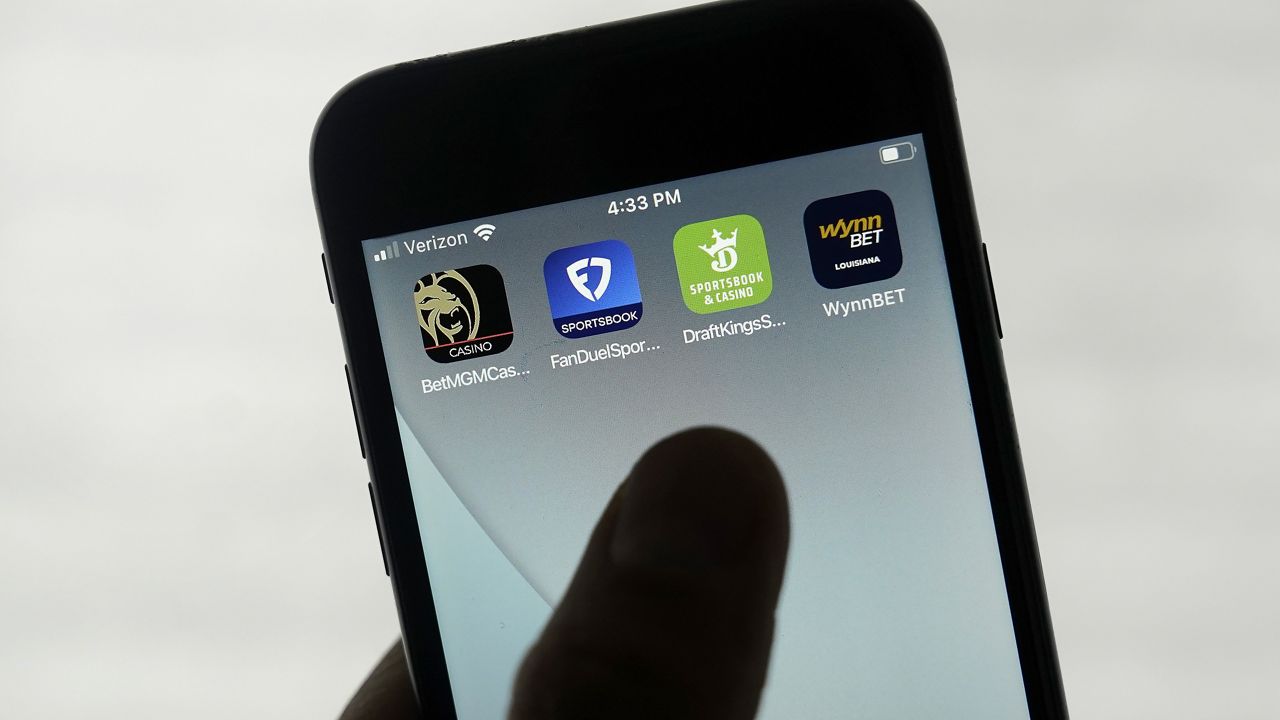TEXAS — As football season kicks off, more fans are joining in on digital sports wagering in Texas, despite the state’s gambling ban. While you can’t walk into a sportsbook, some online alternatives are using loopholes to get Texas fans to wager.
What You Need To Know
The Texas Tribune reported that federal loopholes may have opened the door for sports betting alternatives, like prediction markets
Mark Pannes is a teaching fellow and sports business lecturer at the University of Texas at Austin, and in recent years, he has seen online sports betting gain a lot of traction in the Lone Star State, especially with how accessible it is
Previous efforts to legalize gambling in the state have failed
Daily fantasy sports sites like DraftKings and FanDuel have been around for nearly a decade, allowing users to compete for non-cash prizes. In recent years, another platform has entered the game.
The Texas Tribune reported that federal loopholes may have opened the door for sports betting alternatives, like prediction markets. These allow users to bet on sports, politics and current events through yes or no contracts.
Ayden Runnels with the Texas Tribune says that’s part of why it’s gaining popularity. They say prediction market apps are using a lot of marketing to reach those in states with bans.
“One in particular, Kalshi, has advertised itself specifically in Texas as a legal way of betting within the state,” said Runnels. “I think that’s really enticing for Texans who may see that and have reservations about using other sorts of apps or websites.”
Both types say they’re protected by federal law. DFS argues it falls under a 2006 federal statute, and prediction markets say they are under commodity trading regulations.
Mark Pannes is a teaching fellow and sports business lecturer at the University of Texas at Austin, and in recent years, he has seen online sports betting gain a lot of traction in the Lone Star State, especially with how accessible it is.
“Gambling is something that really happens on a mobile basis,” Pannes says. “People tend to be using their phone to gamble while they’re either watching it live or they’re watching it on a big screen, like a TV. So because it’s become so easy to do and so seamless, there is a big there is a big increase in the volume of it.”
Previous efforts to legalize gambling in the state have failed. There were several bills filed last session to address sports betting, but none passed before the session ended. Experts like Pannes say that regulating these platforms through legislation could be easier than legalizing gambling altogether, because that would require a constitutional amendment.

